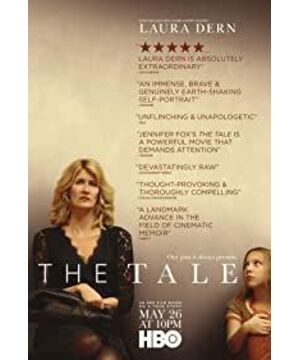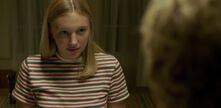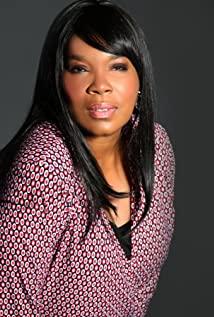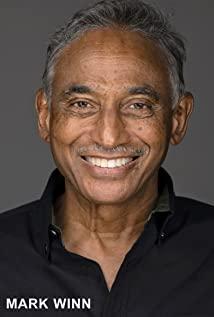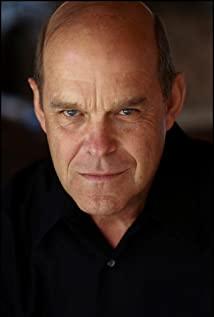Jenny is like Fang Siqi in the mirror. She also resists the word "child" in the world's mouth because of her precocious puberty. She is also led into the abyss in the name of love by a charming and aura teacher; but the story itself is very interesting. The first difference is that Jenny finally ended the experience by herself, and thus had a seemingly normal life (of course, it only seemed), but Fang Siqi couldn’t get rid of it, and eventually died of schizophrenia. It doesn’t take much. Second, Fang Siqi tells the story in a self-reported way. All the pain and suffering are brewing and churning in her somewhat indifferent memories. The pain in the book is stable and continuous, and Jenny's story has even been published. She had forgotten it, and it was only under the repeated urging of her mother that she resorted to the novel, and her memories gradually became clearer and deeper. The pain was deepening. Finally, the most important thing, "Letter Paper Story" is reflective and has More perspectives, facing this matter that has almost been forgotten by herself, Jenny has always insisted on her childhood point of view, which is love, and the film uses montage to enable Jenny to travel between time and space, and people in the past, including Dialogue by herself, as the incident progresses, Jenny slowly puts herself into the position of the victim, which is a mature adult's point of view and a bystander's point of view. At the end of the film, Jenny actually distances herself from the client It tends to the audience, because there is too much time and too many things between the old Jenny and the little Jenny, but Fang Siqi has always been the small and precocious party. Maybe "Fang Siqi's First Love Paradise" does not. The changed perspective of the parties makes it more shocking to our ordinary readers, while "Letterhead Story" is more profound to the parties because of its turn to the bystander, and also to our readers, it will be slightly conceptualized because of familiarity. Perhaps also because books are more like narrations, with intended readers, while movies are more like confessions, with a fourth wall separating it into a separate space. Personally, I prefer "Fang Siqi's Paradise of First Love" because it is really shocking.
View more about The Tale reviews


